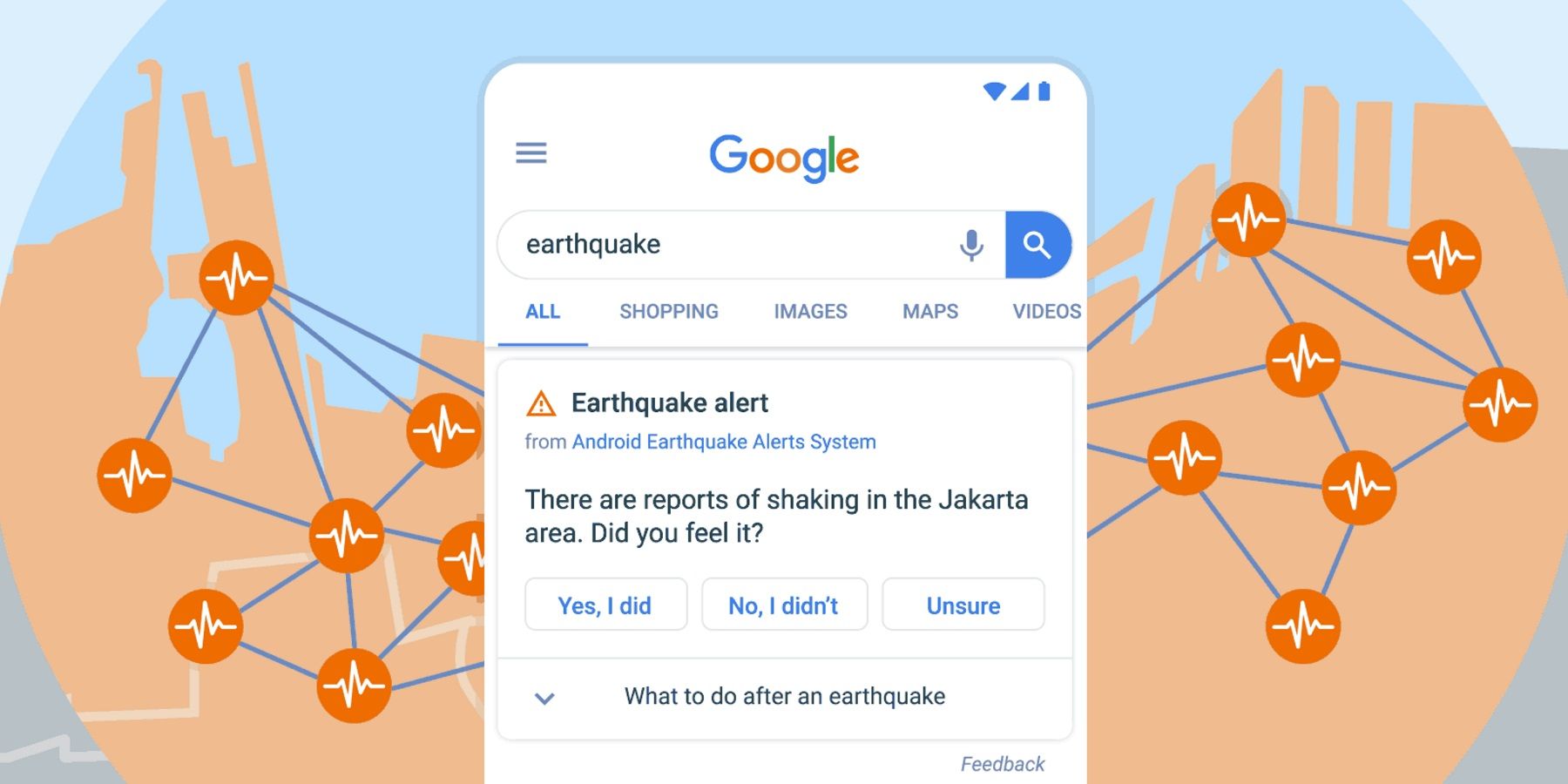
Android users will start getting earthquake alerts and information from their mobile devices as Google has rolled out a crowd-sourced system for earthquake detection, which relies on signals from the devices themselves to make the feature work. This could be an extremely helpful feature for those living in earthquake prone areas around the world.
The new system is a testament of the continuing evolution of mobile devices and how they have become a one-stop solution for various day-to-day needs. From shopping and making payments to taking pictures and creating content, the smartphone has become an indispensable life tool for many. This is something that has become all the more apparent during the pandemic, when millions of people have been restricted to their homes and suddenly more dependent on their devices. Smartphones are also being used for mass contact-tracing to control the spread of COVID-19 in multiple countries.
Now, smartphones can also be mini seismometers and provide users with real-time earthquake warnings. Google has already rolled out the Android Earthquake Alert System, which aims to make every Android phone in the world a mini seismometer and then combine the data from millions of other Android phones to create a global alert system. The idea is to give earlier warnings than what people currently receive, in the hope of giving them more time to prepare. During an earthquake, even during small ones, a few seconds of delay in taking safety measures can be the difference.

To make the Android Earthquake Alert System possible, Google is using the accelerometers already present in all smartphones. Accelerometers can sense signals that are similar to those produced by earthquakes. In Google's new system, if such a signal is detected by an Android phone, then an alert is sent to the earthquake detection server, along with the rough location of the event. The same data is then checked through other smartphones in the same area to help determine if an event is an earthquake. The project will start with providing users, through Google Search, emergency information on earthquakes near where they are, and resources on what to do after an earthquake.
The concept of installing a large network of mini seismometers is not something new. In fact, Google collaborated with the US Geological Survey (USGS) and California Governor's office of Emergency Services (Cal OES) to develop the ShakeAlert system that sends earthquake alerts directly to Android devices in California. While this system depends on more than 700 underground seismometers, that approach is not feasible on a global scale. This is why Google sees incredible value in the accelerometers that are already present in most smartphones.
While the big tech companies, especially Google, have been getting slammed of late for their monopolistic business practices, excessive data collection and the huge pandemic windfall they made, this project shows what tech giants can do for society when they want to. The world, battered by the pandemic, could do with more projects that, like Google's earthquake detector, are designed to help people in need.
Source: Google
from ScreenRant - Feed https://ift.tt/2FCJ8Oo



0 Comments